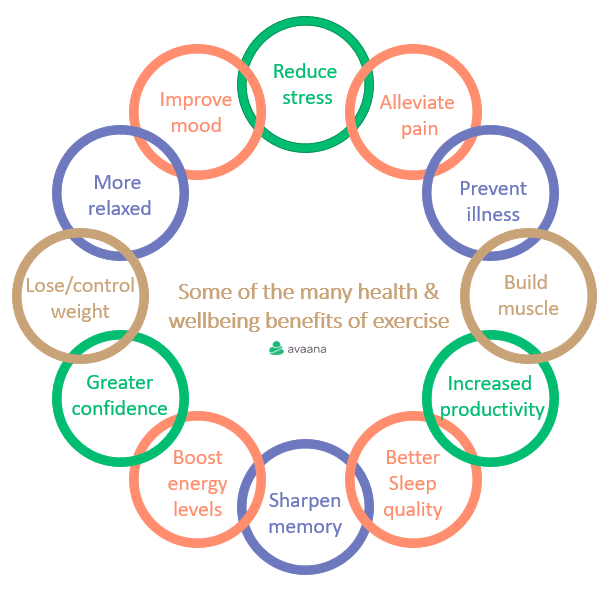Have you ever visited an exercise physiologist?
Getting active and fit is sometimes easier said than done. An abundance of questions run through our heads (often to our detriment), i.e. Where do I start? How heavy should my weights be? Should I do low or high impact exercises? Do I have to work out at the gym? Maybe I should wait until later? Usually, these questions keep churning away until we sometimes continue to do the wrong exercise for us or just give up on exercise altogether. This is especially the case when we have a health condition or have sustained an injury. This is where exercise physiology may be the answer for you. Exercise physiologists are the gurus when it comes to metabolic conditions and exercise rehabilitation.
Hustle for that muscle & more
Exercise physiologists believe that exercise is medicine and focus on the ways in which it can be used to achieve optimal physical and mental health and wellbeing.

During your first exercise physiology appointment, wear loose fitting clothing or your gym gear. Your exercise physiologist will likely:
- talk to you about your medical history and lifestyle
- ask you to undertake some activities to assess your level of fitness and capability
Armed with this information, your physiologist will develop an exercise plan with you. Each exercise specified for you will have a specific function in bettering your health. A good practitioner will always demonstrate the exercises and ensure your form is spot on.
As well as implementing the plan, an exercise physiologist will teach you how to stay motivated long term. This could involve identifying barriers that have stopped you from exercising in the past or making it more enjoyable for you. They may also regularly check in with you to make sure things are going well.
A rose by any other name?
People commonly confuse exercise physiology with personal training or haven’t heard of the former at all! Those who have heard of exercise physiology hold the assumption that it involves the same gym and equipment-based approach as PT. While there are some similarities, exercise physiologists have around 4-5 years of tertiary education and are accredited professionals. In this way, they are educated and trained to have an in-depth knowledge of the human body, its systems and how it responds to exercise. They also study biomechanics, which means they have a solid understanding of why the body moves the way it does and how certain forces can affect this. This means exercise physiologists can prescribe the best plan possible for you.

Exercise physiologists never take ‘a one-size fits all’ approach. Therefore, in addition to physical activity, your physiologist may also prescribe lifestyle and behaviour modifications. This is another way in which they differ from personal trainers. Your adaptable plan may include a combination of at-home exercises, classes like pilates or even nature walks. It all depends on your physical needs, preferences and lifestyle.
Having said that, many exercise physiology clinics offer personal training services and access to gym facilities. These clinics may also offer services from other modalities such as podiatry.
Exploring EP
Exercise physiology can help healthy people become more active, but it also helps people suffering from health conditions and injuries like:
- diabetes
- asthma
- chronic pain
- osteoporosis
- cardiovascular disease
- obesity
- arthritis
Additionally, many professional athletes also use exercise physiology to help them reach and maintain peak performance. Are you ready to give exercise physiology a go? Connect with a qualified physiologist through Avaana today.



